Corporate Disagreements
Dysfunction in the decision-making machinery of a business can have catastrophic effects on ownership value. It also impacts employees, suppliers and customers heavily.
There are many different control and ownership powers within a business. What precisely those powers are will depend on the legal business structure. Such powers can co-exist (giving opponents equal rights) or can be in conflict (two different parties can do the same thing). To add to the confusion those powers are often in conflict.
Written agreements about how powers are to be used are very common (for example, shareholders agreements).
But even if you have an agreement, more often than not it is the dynamic between the people involved that has brought about the problems.
For that reason, there are two critical analytical steps before any action takes place in any disagreement:
- All legal issues are identified and assessed; and
- All personality and relationship factors that have contributed to the current position are identified.
We have years of experience in bringing resolution to seemingly intractable and impossible disputes. As some examples we have acted as lawyers in the following disputes:
- For minority shareholders who are being unfairly treated
- For directors in companies where the board is in deadlock
- For trustees when unitholders are in dissent
- For majority shareholders when a substantial minority stands in the way of change

